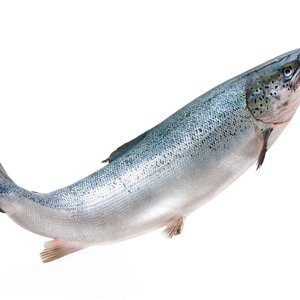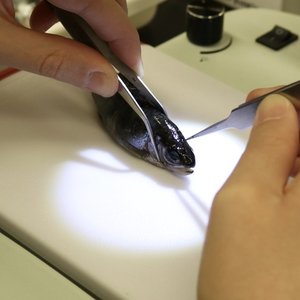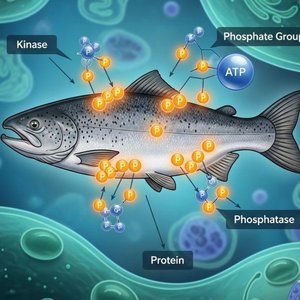Introduction
Aquaculture of the giant river prawn Macrobrachium rosenbergii is an emerging industry in the Pacific Island region. Increasing demand and rising prices for seafood are raising the profile of freshwater prawn as an important aquaculture commodity in Pacific Island countries and territories (PICTs).
Attempts during the last three decades to culture freshwater prawns in Hawaii, French Polynesia and New Caledonia have not had a lasting impact owing to high costs of production in these countries. Fiji has had some success in prawn farming, and Vanuatu and Papua New Guinea are moving in this direction. Other PICTs have been constrained by lack of technical capacity, particularly in hatchery operations.
Freshwater prawn farming is not as highly technical or capital-intensive as aquaculture of sea prawns (penaeid shrimp) and therefore is a more accessible industry for small-scale operators. Freshwater prawns can be raised in farming systems similar to those used for tilapia with and it can be more profitable than tilapia farming (depending upon the farm site and the skill of the farmer, as well as local prices and demand).
The major constraint to expansion of prawn farming in PICTs is difficulty in obtaining reliable supplies of postlarvae (PL), usually referred as ‘prawn seed’, for stocking into grow-out ponds. This book seeks to address this constraint and is based on experience of prawn hatchery techniques developed at Naduruloulou Aquaculture Station and at Marine Studies Laboratory, the University of the South Pacific, both in Fiji.
Author(s)
Satya Nandlal, Secretariat of the Pacific Community
and
Timothy Pickering, The University of the South Pacific
Publication
© Copyright Secretariat of the Pacific Community and Marine Studies Program, The University of the South Pacific, 2005
Click link below to download PDF.
freshwater-prawn-macrobrachium-rosenbergii-farming-in-pacific-island-countries-hatchery-operation







